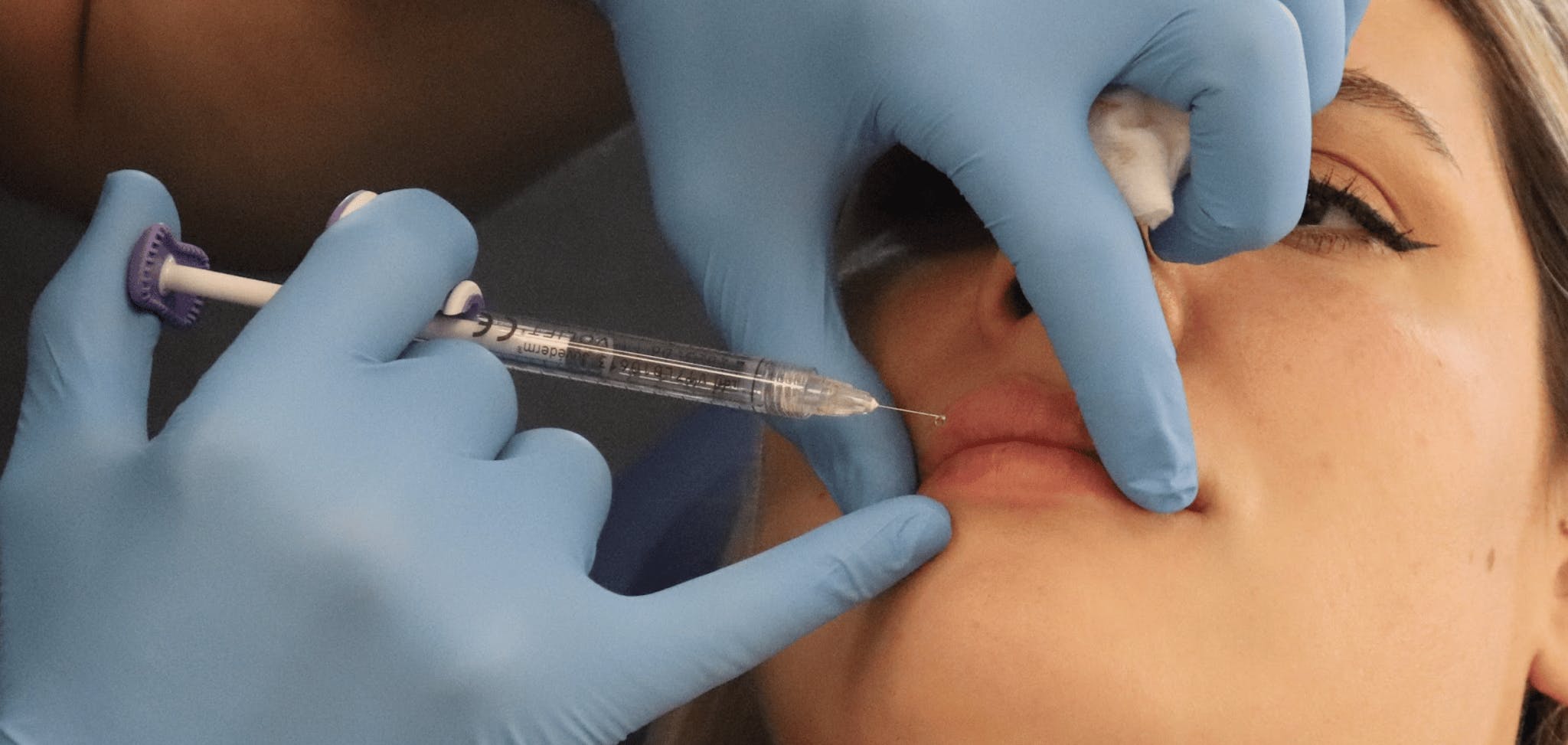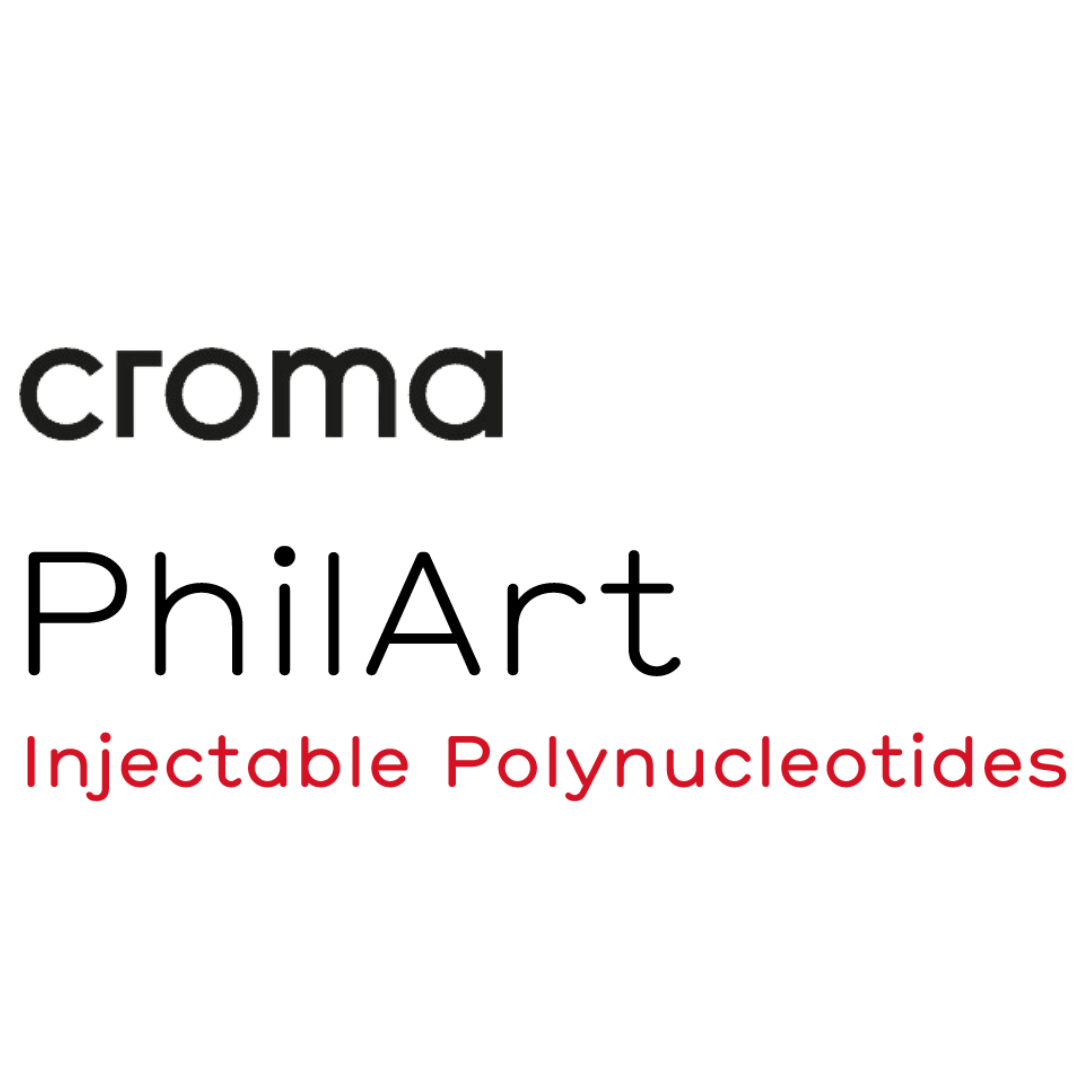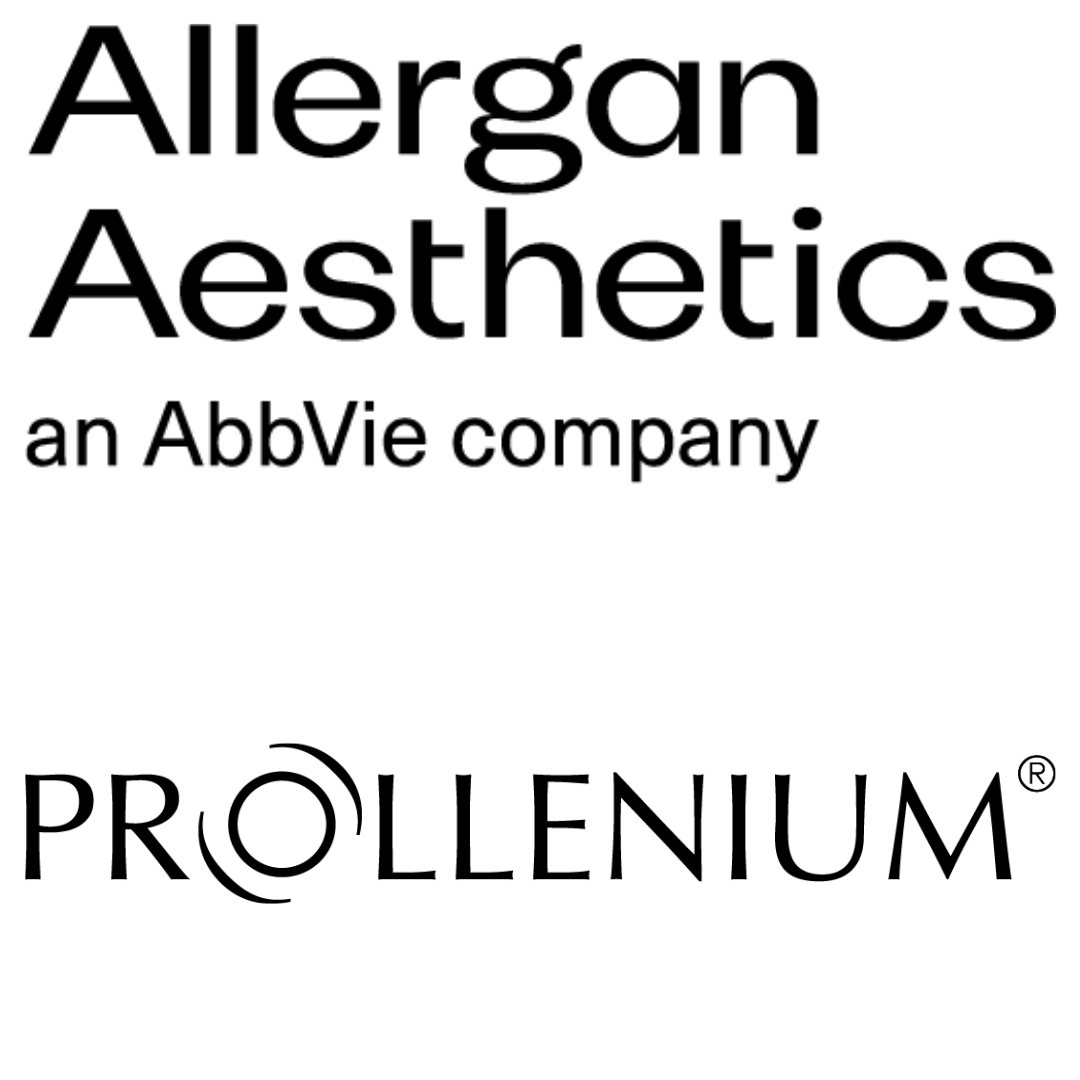Stricter Regulation of Dermal Fillers by MHRA

Stricter regulation of dermal fillers is one of the less talked aesthetics regulation proposals for England.
This recommendation was published in the government’s first aesthetics licensing scheme consultation, on 2 September 2023.
Here we explore how dermal fillers are regulated at the moment and what “stricter regulation” could look like...

HA fillers are currently medical devices
Hyaluronic acid (HA) -based dermal fillers are currently classed as medical devices. This determination came into force in May 2020 due to European Regulations (EU 2017/745).
The UK government regulates medical devices through its Medicine and Healthcare products Regulatory Agency (MHRA). As such, the MHRA is responsible for the regulation of fillers.
Various bodies concerned with the task of regulating aesthetics in the UK have expressed views in favour of tougher restrictions on dermal fillers. This was one of the tenets of the 2021 All Party Parliamentary Group (APPG) on Beauty, Aesthetics and Wellbeing. The APPG said at the time that it believed dermal fillers should be made prescription-only. Additionally, they called for advertising restrictions to be placed on filler products.
In June 2022, the outcomes of an MHRA consultation into the future regulation of medical devices was published. It contained the following summaries of “key themes” from the proposals’ feedback…
“Regulations should provide that dermal fillers must only be administered by healthcare professionals
“Dermal fillers should be available on a prescription-only basis
“Certain brand name products associated with cosmetic procedures should be brought into scope of the UK medical devices regulations”.
It further noted that 88% of respondents wanted “substances intended to be used for facial or other dermal or mucous membrane filling by injection, excluding those for tattooing e.g., dermal fillers” to be “ regulated under the UK medical devices regulations”.
These growing demands led many to believe that dermal fillers may be made prescription-only medications.

Issues with making fillers prescription only medications
In its response to the previously outlined MHRA consultation, the government advised of issues preventing it from making fillers prescription only.
“Regarding the points made around regulating dermal fillers as prescription only medicines, the MHRA would like to clarify that, generally, this requirement only applies to medicinal products,” the report states.
“The ‘prescription only’ concept does not, as a rule, apply to medical devices. There are a few exceptions to this – for example, specific pieces of UK legislation place restrictions on the sale or supply of specific medical devices (for example, the Opticians Act 1989), however these do not apply to dermal fillers.
“As not all dermal fillers are classified as a medicinal product, the MHRA is not able to regulate them as a prescription only medicine (unless they do not have a medical purpose but contain a medicinal substance such as an anaesthetic), but rather as medical devices or, in some cases at the current time, general products. MHRA is unable to regulate these as prescription only medicines and will not be able to do so once they are brought into scope of the UK medical devices regulations.”
Proposed tightening of dermal filler regulations
As, it seems, the possibility of “prescription only” status is out, the government has proposed “more stringent regulation”.
The recommendations state: “MHRA is responsible for the regulation of medical devices and intends to bring into scope of the UK medical devices regulations products for which a manufacturer claims only an aesthetic or another non-medical purpose, but which are similar to medical devices in terms of their functioning and risk profile. This suite of products will include dermal fillers, which will consequently be subject to more stringent regulation.”
Refers to 2021 response for further information
It links to the 2021 response published by the MHRA that we have explained above, for more information. This is what the official government statements advice with specific regard to dermal fillers:
“The MHRA will therefore proceed with preparing regulations reclassifying products such as certain implantable devices, extending the scope of regulations to capture certain non-medical products with similar risk profiles to medical devices (e.g., dermal fillers, coloured contact lenses) and to strengthen and increase post-market surveillance requirements ensure better incident monitoring reporting and surveillance.
It adds, “The MHRA would like to clarify that the MHRA does not have a role in regulating healthcare practitioners, which falls within the remit of the Department of Health and Social Care (DHSC). We recognise the importance of the points raised by many respondents around restricting the administration of dermal fillers to practitioners – however this is outside the bounds of this consultation.
“The DHSC has recently announced its intention to strengthen the regulation of cosmetic procedures, specifically through proposals to introduce a licensing regime for non-surgical cosmetic procedures such as injectable Botulinum toxin (for example, Botox®) and fillers: Government to crack down on unregulated cosmetic procedures. The MHRA has shared the consultation feedback with the relevant DHSC team for consideration as part of this work.”
So, nothing tangible here to explain exactly what the “more stringent regulation” will look like. We expect to hear more on this from the MHRA.
Shaping future aesthetics legislation
We are currently in the early stages of setting the new aesthetic regulations for England. As such, it is now up to the industry – and the public – to respond to these proposals through the first consultation, to help shape this legislation.
Examples of feedback here could be wanting to see the sale and administration of dermal fillers restricted to licensed healthcare professionals only. This ties back into one of the consultation’s hottest topics, the proposal that non-medics should be able to administer botox and filler treatments “under supervision” of a licensed medical professional.
We highly recommend watching the above video where Professor David Sines, CBE, explains this point in more detail. He also explains how and why you should get involved in the consultation process.
You can submit your responses through the official consultation survey.












